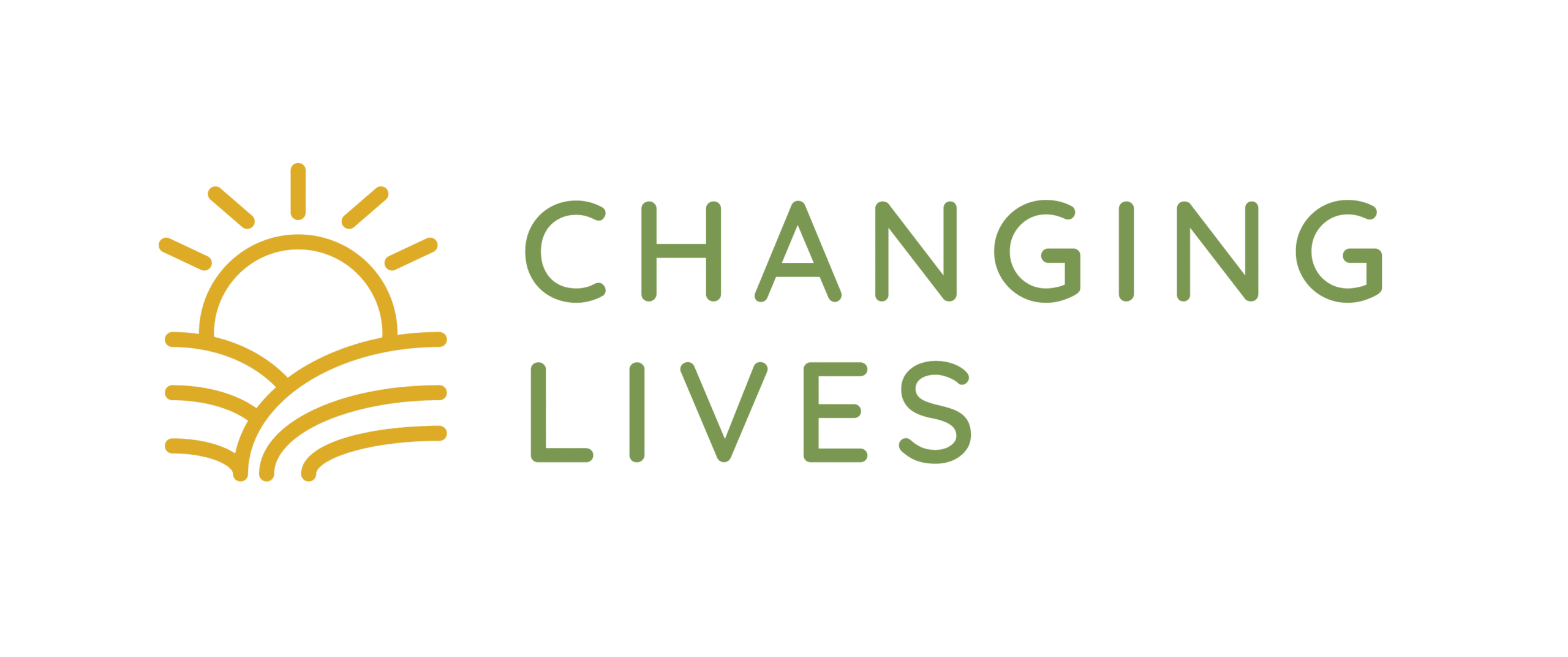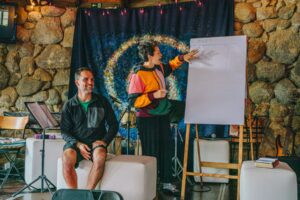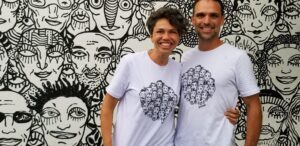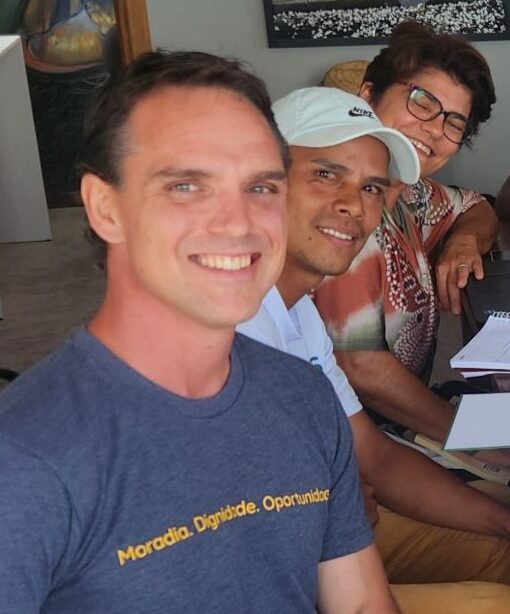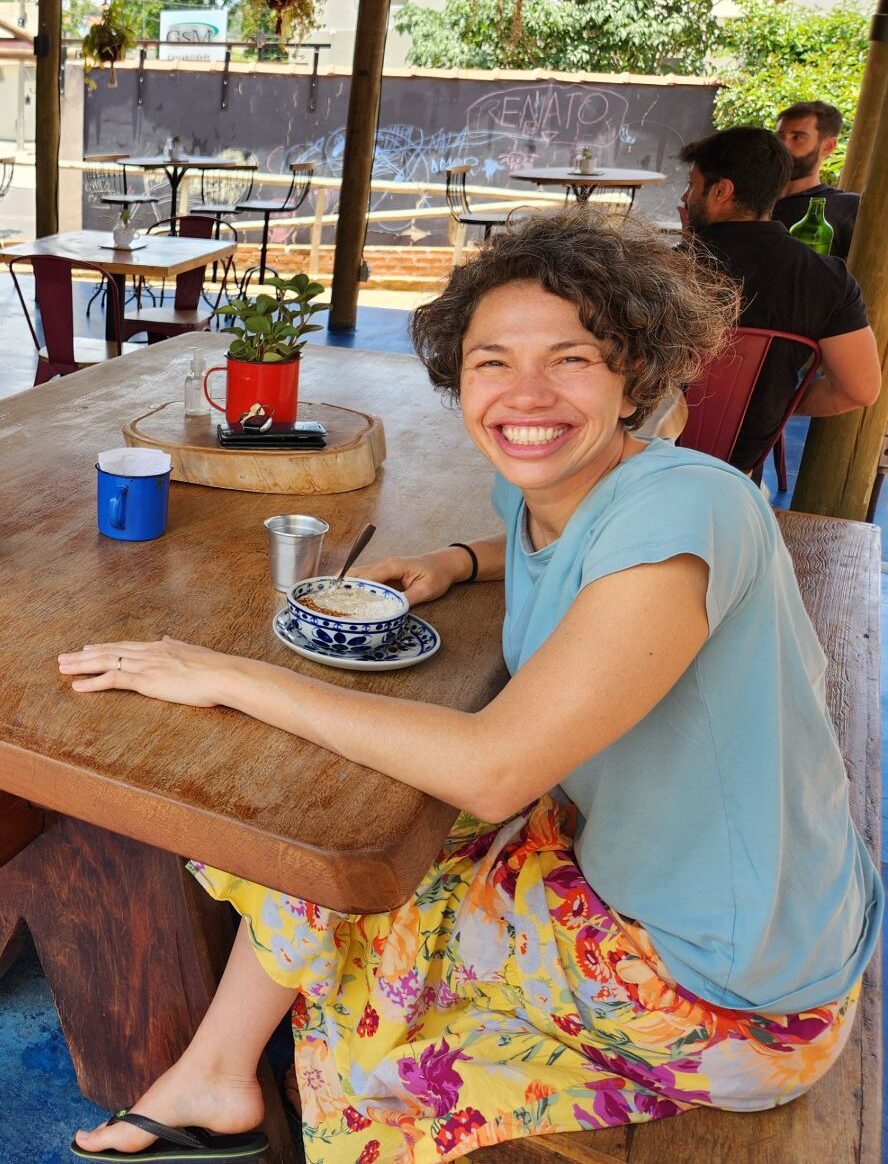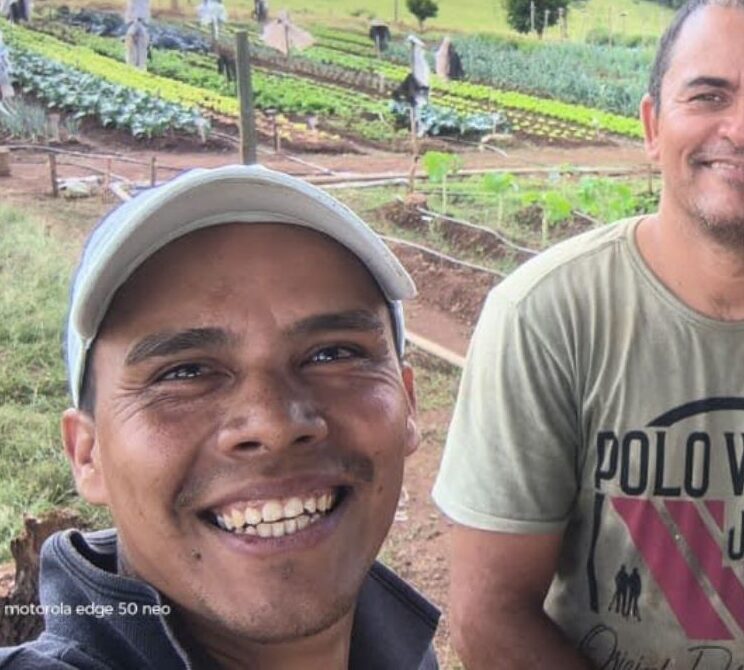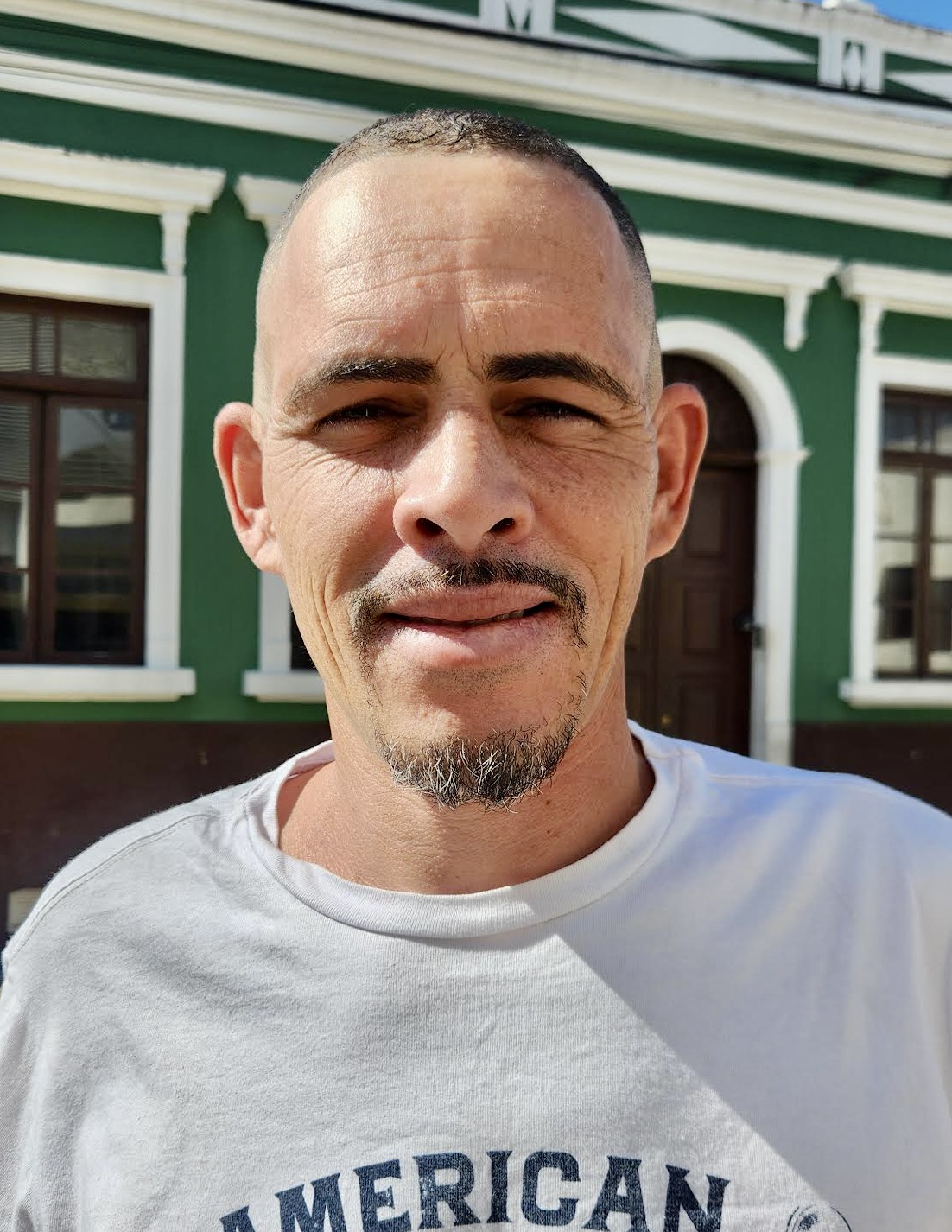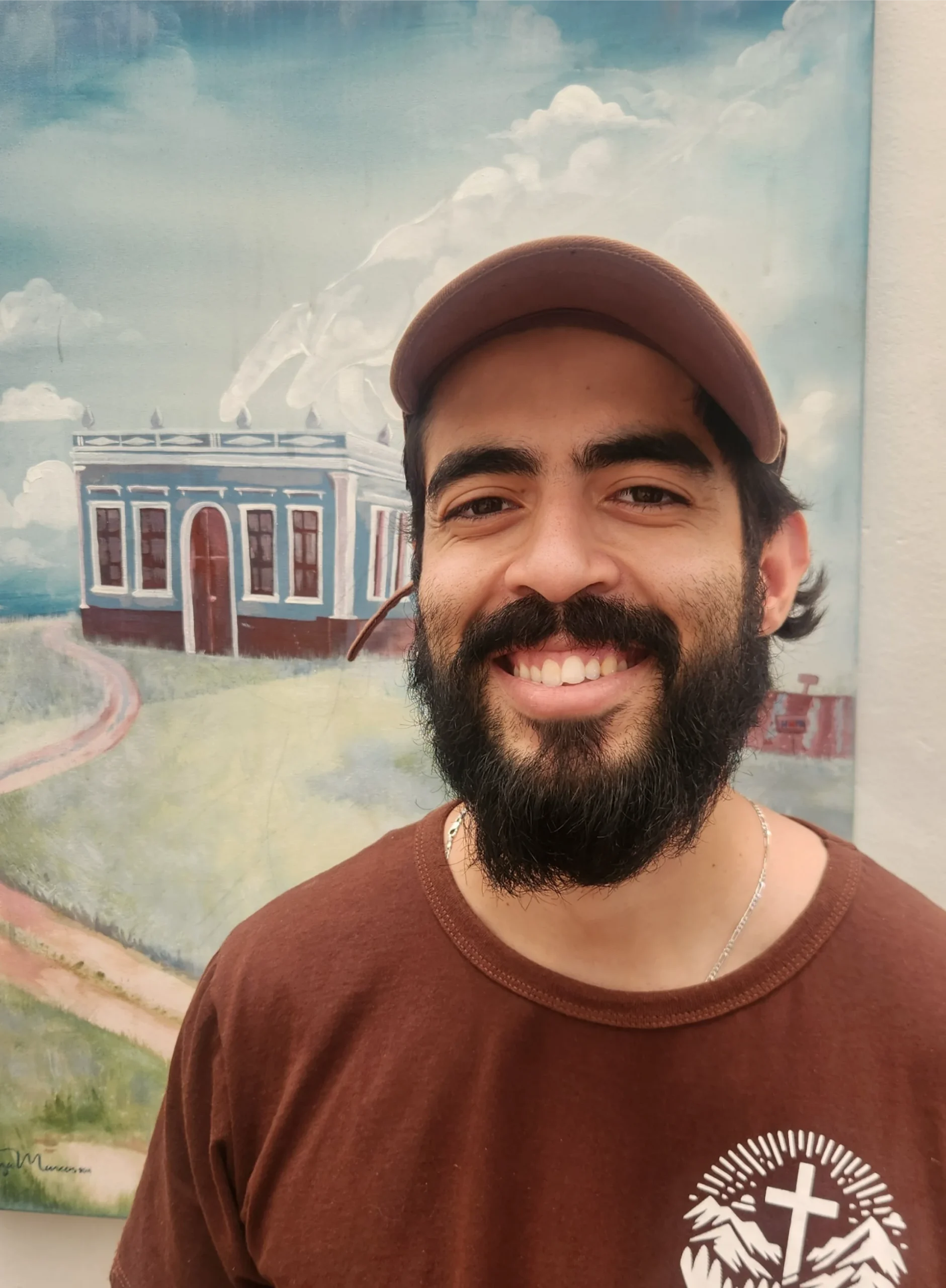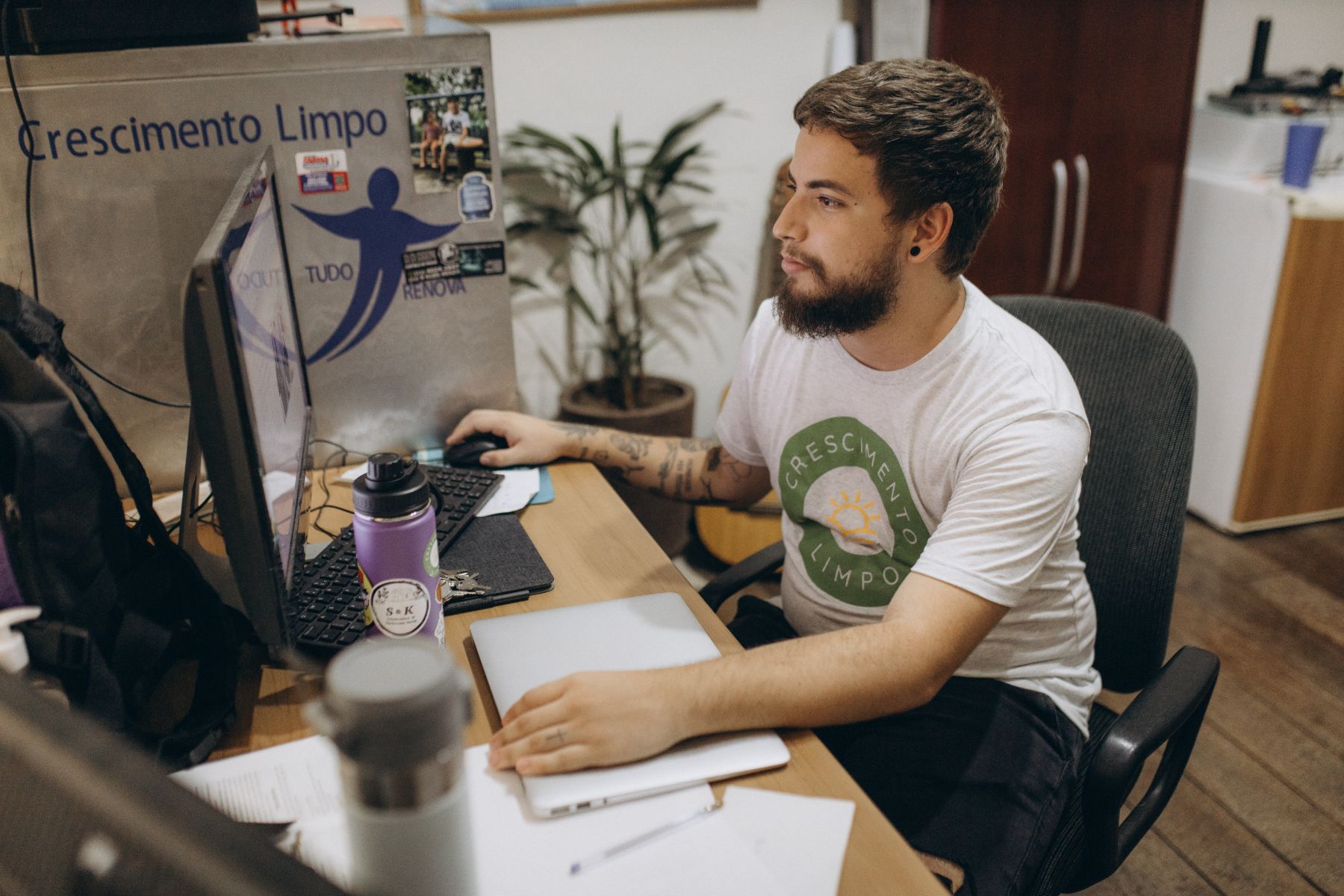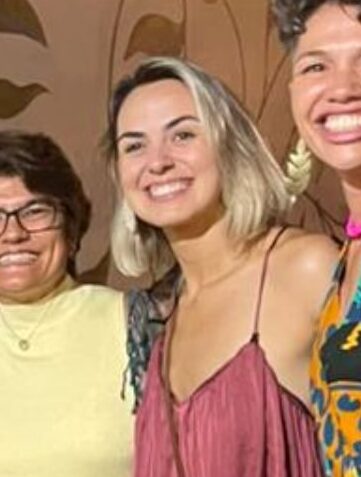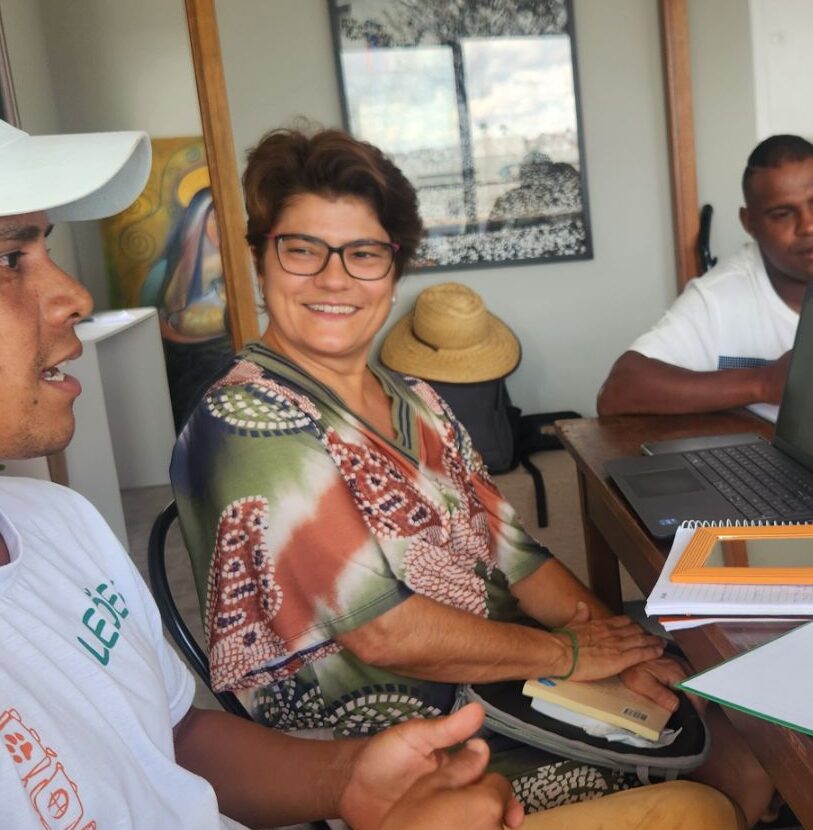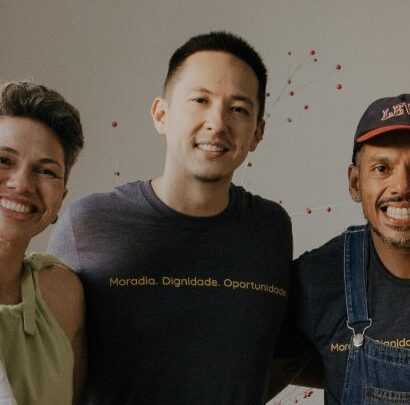CL grew out of a simple weekly meal offered from the home of Mark and Ali Kaiser to anyone on the streets that looked like they might be hungry. In 2009 individuals were invited to come for lunch on Fridays and were received as friends. The gatherings became a lot more than a simple and warm lunch; the home offered showers, a place to wash clothes, to receive a haircut and spend the afternoon.
One of the first formational lessons learned that shaped the work was to “do with, not for” our hungry friends. We understood that the more our guests were involved in the process of making the meals, cleaning the space after the event, etc., the more the encounters would be marked by a sense of community and dignity. We found many participants eager to come early to cook and to talk, and we were soon welcomed deeper into their lives. With this sense of trust established, some visitors began to ask for assistance towards deeper life change, and a common request was for help getting into rehab.
We established connections with a few rehab communities and Mark began attending one of these facilities weekly as a means of accompanying our friends. But as our friends completed their treatments we discovered a problem- as they left rehab they often had nowhere to go except for the streets from which they had just worked so hard to escape.
Mark realized that this problem was actually a calling. He walked the streets in anguish one night having just lost a friend that had worked so hard to recover, and he was struck by three small broken down houses. They seemed like the perfect place to rehab with and for friends in rehab. Mark took this vision to his community of church, friends and family, and soon thereafter CL was established as an organization to facilitate recovery through supportive housing in 2011. We raised the funds to purchase and refurbish the homes and we began to receive friends coming from rehab centers and to accompany them as they worked to reestablish themselves as working, sober individuals.
We learned and grew alongside our new organization. We implemented a weekly support group using the “Celebrate Recovery” program and hired a psychologist and house monitor to add structure to our services. In 2014 based on the demand for our services and at the request of Itu’s director of social services we expanded into a larger downtown facility. There we were able to receive up to 25 residents. The new facility also provided necessary divisions to receive women and families into our services alongside the single men we served.
In 2014 we also realized the need to develop deeper day-to-day active involvement with our incoming residents. We wanted to get away from talking as our only connection with residents, and a garden seemed like the right solution. We identified a nearby available lot and sought out the owner. Understanding our story and our intention to build a garden in which we would work alongside friends coming off of the streets, he immediately agreed to offer the property for our use at no cost!
We began a garden and saw an immediate transformation in the depth of relationships that we had with residents as we worked alongside them! Our garden developed through many phases; beginning with raised beds we soon developed a large aquaponics system. In short order we had much produce, but few customers. Talking with a new CL resident who had restaurant experience, Wayne, we decided to embrace a new challenge and open a small restaurant, so in 2018 we opened Caféla.
Caféla brought new employment opportunities and furthered the understanding that our residents could be our partners. All proceeds went to (and still go to) CL in support of the housing program. Caféla has become a neighborhood favorite restaurant and it is now the location where we receive whomever is on the streets weekly for Sunday morning breakfast and offer an invitation to engage in the rest of what CL has to offer.
We have experimented with other means of employment as well – a car wash service, making and selling bags, a carpentry shop, and a farm which we still operate nearby the Caféla.
In 2023 we recognized a need for a larger kitchen and to develop a “Life Skills” educational program, so the year of 2024 was spent building our new kitchen and Learning Center. Both of these locations were inaugurated in a beautiful community celebration of CL’s mission in February of 2025. Our learning center receives our incoming residents and teaches skills of personal organization, financial control and emotional regulation. We are also working alongside volunteers who bring their own specialties (technology, cooking, interviewing skills, etc.)
CL continues to grow and develop, as organizations do. We are honored to partner both with the many individuals and organizations who have donated to make this possible AND with the men and women who have pursued new lives of recovery within the program and have helped us to build all that CL is today.
